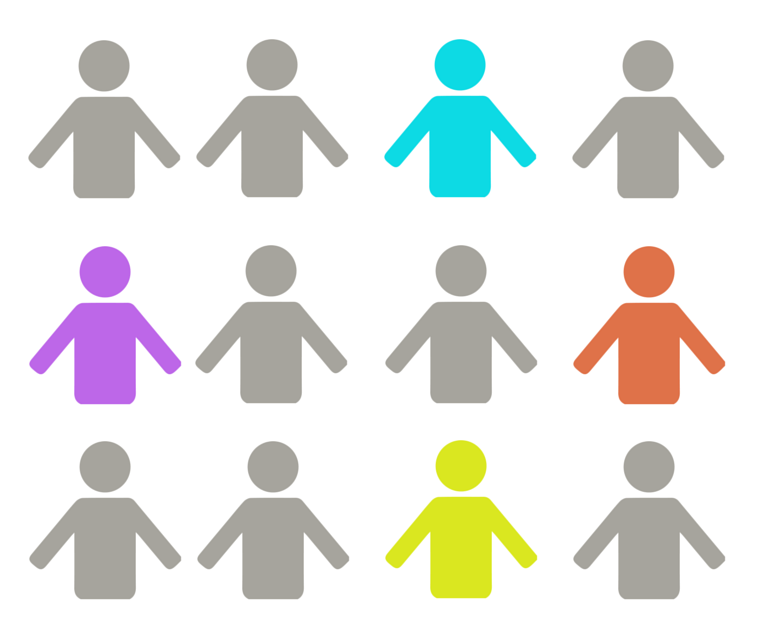Everyone learns differently - this is now common knowledge. The aspects of traditional learning that work well are very different for individual learners — we all benefit from different strong-points, and we all face different learning challenges. "Adaptive learning" uses technology to address these differences, by personalizing courses in a way that best fits each individual's specific learning needs.
What is Adaptive Learning?
Think of adaptive learning as an artificially-intelligent tutor — It is a computer/technology based method of learning that uses learning technologies to adapt to individual learner needs, often influenced by the data gathered through a reporting and analytics solution. Basically, the software does what any good teacher would do if they had the time to closely observe individual learners. Unfortunately, limited training budgets make the reality of offering that kind of tailored training expensive and logistically complicated—especially if your training program is offered remotely.
Adaptive learning programs makes this type of tailored training economical, and attainable — removing the cost, scale, and locational challenges. Every learner gets a “tutor” that can help them learn more effectively and perform better .
What Does Adaptive Learning Look Like in Practice?
- Students might first be asked to complete a learning-style questionnaire, or they might simply dive.
- The adaptive learning software monitors student behavior as they progress.
- If a student demonstrates preference for a particular learning style — for example visual, verbal, or intuitive— the software will accommodate them by offering the appropriate type of content.
- If the software notices a student is finding one particular subject area or topic challenging as they go through activities and assessments, it might offer hints or supplemental material in the problem area.
- The software might make content more challenging if a student is progressing well, or decrease the the level of difficulty if a student is having trouble.
How can you incorporate adaptive learning into your Moodle or Totara open learning platform? These tools and resources can help you get started:
- The Restrict Access feature allows trainers to restrict availabilities of activities, content, or course sections based on pre-set conditions, such as activity completion, deadline dates, or grades.
- With Activity Completion, trainers can set completion criteria in specified activity settings. A checkmark will display next to activities as student's meet criteria. An updated function in Moodle 3.1 is Activity completion is enabled by default in new installations.
- The Lesson Activity Module in Moodle can tailor questions to individual learners, based on their answers to previous questions.
- The TaskChain plugin allows quizzes and other activities to contain pre and post-conditions that prevent access to content or specify what happens when a specific task is completed.
While still in its infancy, adaptive learning promises to increase the effectiveness of training and compliance programs by actively responding to each learner’s traits, needs, and preferences. This type of customization is bound to be more engaging for learners, as well.
Need better access to learning data? Register for our upcoming webinar, Advanced LMS Reporting with Lambda Zoola, for a live demo of a reporting solution that can provide you with deeper insight into your learners, and learning programs.





